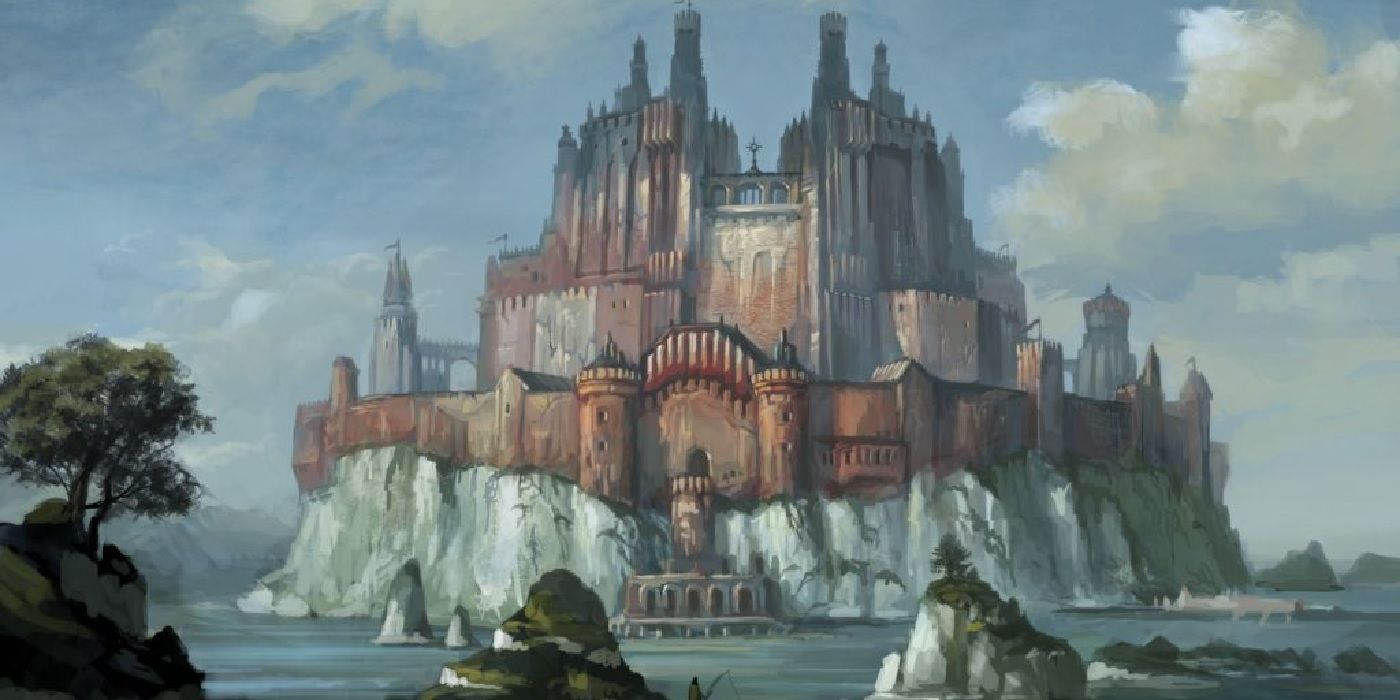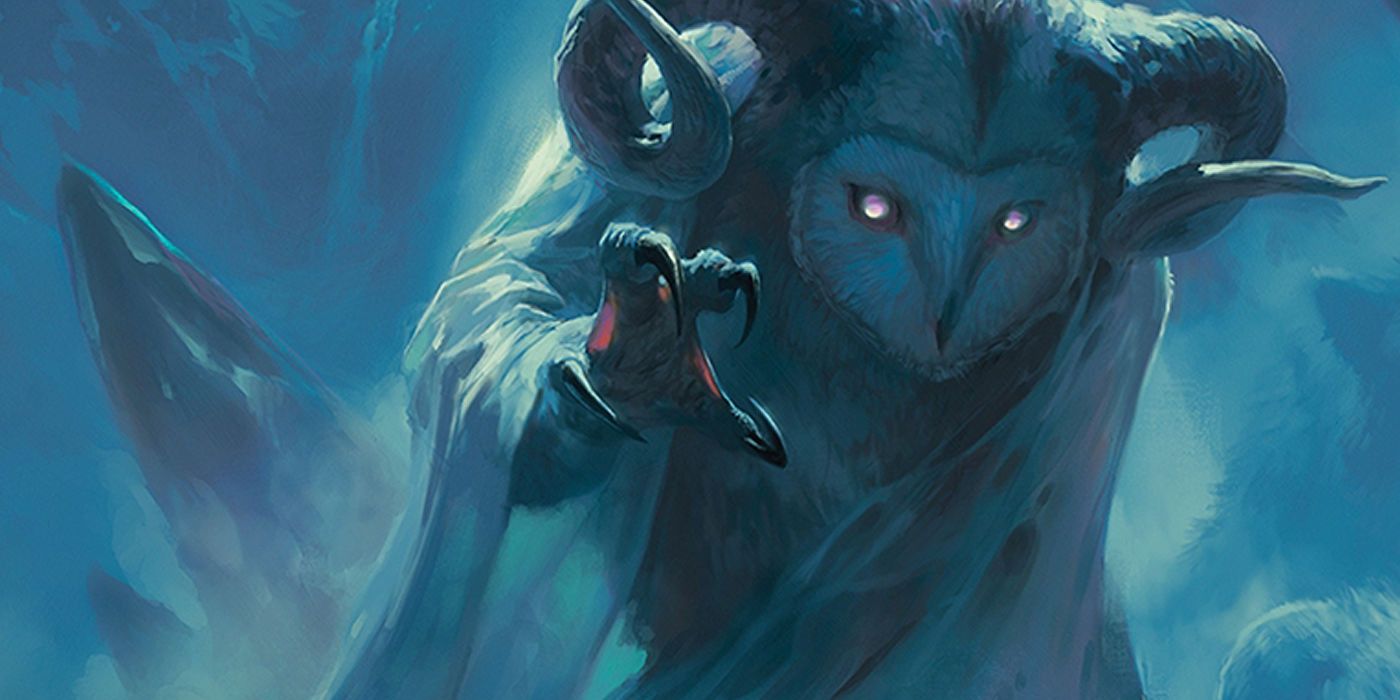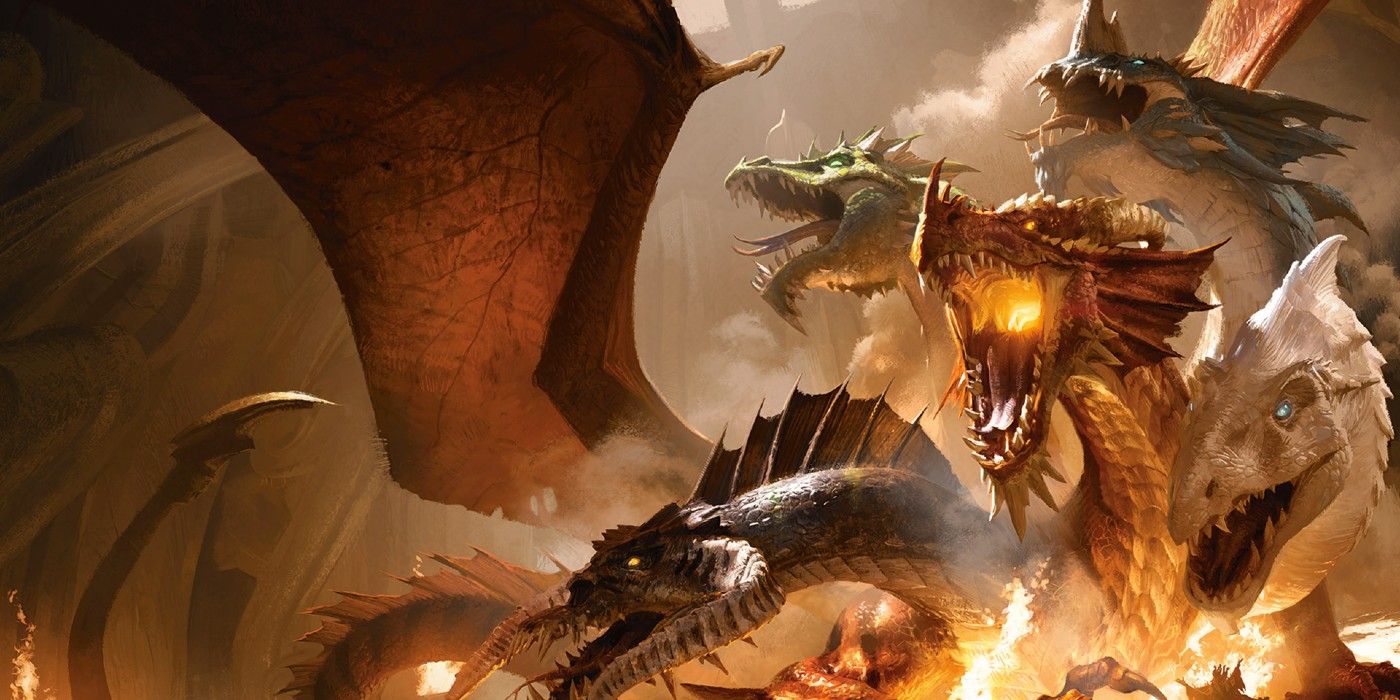Dungeons and Dragons: What is Adventurer's League? | Game Rant

It's no secret that Dungeons and Dragons is enjoying a surge in popularity, but it can still be difficult for new players to find a game. Putting together a consistent group of players can be a huge barrier to entry, and even dedicated parties can fall apart due to scheduling issues. One way that Dungeons and Dragons players have tried to combat this through the years is through organized play programs.
Organized play programs allow groups to host scheduled meet-ups where players can experience a new adventure with a different group each week. They can use the same character throughout the campaign, but still have control over which adventures they want to play. Wizards of the Coast's organized play program for fifth edition Dungeons and Dragons is called Adventurer's League, and it's made the hobby available to a wide range of curious players.

One of the biggest strengths of Adventurer's League is its ability to introduce new players to Dungeons and Dragons. Tabletop RPGs can be an expensive hobby to get into, and AL provides first-time players with an affordable way to learn more about the game without having to invest in a pile of rulebooks. Players and Dungeon Masters of all experience levels are involved with the program, so new players are able to learn the rules of the game with relative ease.
Another strength of the program is its consistency. Stores that run Adventurer's League games typically offer them one or two nights a week, so participants always know when they can look forward to their next session. Adventurer's League games can take place anywhere, from bookstores to food courts, so they're an easy way for businesses to create a space for DnD players.
Characters created for Adventurer's League can be played in any AL game, making it an ideal solution for gamers who want to play with a variety of groups. Most Dungeons and Dragons conventions offer a large number of Adventurer's League games, and more recently AL has become an ideal format for online play.

The Covid-19 pandemic made in-person gaming all but impossible, but led to a huge increase in gamers learning to play Dungeons and Dragons online. Virtual tabletops like Fantasy Grounds and Roll20 saw a huge increase in users throughout 2020, and many of the games being offered were part of Adventurer's League.
The relatively low commitment required to participate in Adventurer's League games has made it an ideal format for online play. Players are often able to sign up for last-minute games with ease. Though playing with strangers over the internet is always a risky proposition, the episodic nature of AL games makes it easy for players to leave groups that can't provide the environment they're looking for.

One of the main goals of Adventurer's League is to provide a consistent play experience from table to table. Dungeon Masters are required to run their games using a rules as-written approach, meaning that they're expected to interpret the rules of Dungeons and Dragons as literally as possible. This ensures that players will receive consistent rulings no matter whose table they're sitting at.
Adventurer's League also has strict rules about character creation, only allowing players to choose races, classes, and spells that appear in official resources. Until recently, players were further restricted by the controversial "PHB +1" rule, which meant that a player character could only possess features from the Player's Handbook and one other rulebook. The intent of this rule was to maintain a consistent power level across player characters, but faced heavy criticism for limiting player agency. The current season of Adventurer's League allows players to use a much wider range of resources.

Another goal of Adventurer's League is to shine a spotlight on official Dungeons and Dragons adventures. Play is organized into seasons, with each season themed around the most recent hardcover module. AL is currently in its tenth season, which centers around Icewind Dale: Rime of the Frostmaiden.
Games played through the program must either use a hardcover adventure, or an official Adventurer's League module. These modules are usually one-shots that can be played in four hours or less, and they tell a story that happens concurrently with the plot of the hardcover. They're often written by members of the DnD community, and many of those writers go on to work on official Dungeons and Dragons products.
Unfortunately, this means that Adventurer's League isn't for everybody. AL adventures only take place in Eberron and the Forgotten Realms. Players who enjoy creating their own adventures and campaign settings might find the restriction too stifling.

AL's episodic modules make it a breeze to find a game of DnD, but this style of play has a few drawbacks. Players have little time to explore their characters' backstories, as most of the session is focused on completing the objectives of the adventure. Playing with different players each week also means that there isn't much opportunity to develop rapport with a consistent group, which can lead to sessions that feel somewhat impersonal.
This lack of ongoing roleplay helps contributes to one of AL's biggest weaknesses. Since suboptimal character choices aren't rewarded by roleplay opportunities, players are incentivized to focus on optimization. The program is especially well-suited to power gamers and min/maxers, and while these playstyles aren't inherently negative, they certainly aren't for everyone.
To be fair, no Dungeons and Dragons playstyle has universal appeal. There will always be players who prefer tactical combat encounters to deep character exploration, and vice versa. Even though Adventurer's League might not ultimately provide the experience someone is looking for, the program's ability to attract a wide variety of players makes it a great way for newcomers to become familiar with the hobby.
Ultimately, some players may decide that AL can't provide the kind of game they're looking for. Hopefully, the exposure to a wide variety of playstyles and personalities can help them better understand the kind of game they do want.

Post a Comment